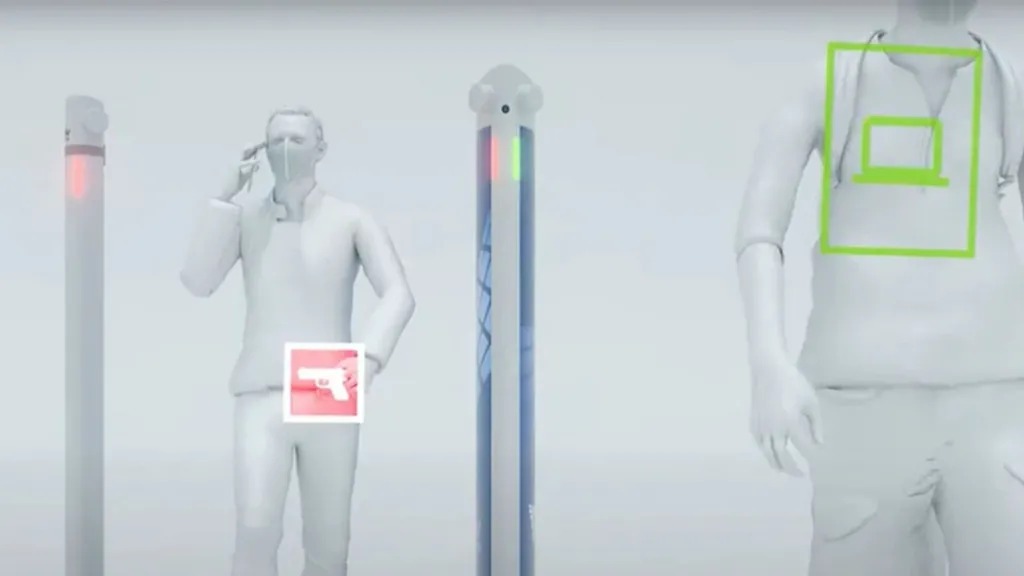
FTC Targets Evolv Technology Over Deceptive AI Scanner Claims
The U.S. Federal Trade Commission (FTC) has taken action against Evolv Technology, a company promoting AI-based weapons scanners, after allegations of deceptive advertising surfaced. Evolv, whose scanners are installed in thousands of U.S. schools, stadiums, and hospitals, claimed its AI scanner could detect all types of weapons, including guns, knives, and bombs.
However, investigations, including reports by the BBC, revealed significant shortcomings in the technology. For instance, in a New York school where Evolv’s scanners were used, a stabbing incident underscored the system’s inability to detect knives effectively. A superintendent noted the system’s limitations, stating, “It truly, truly does not find knives.”
The FTC alleges that Evolv misrepresented its product’s capabilities, misleading consumers and institutions. Under the proposed settlement, Evolv is prohibited from making unsupported claims about its products’ effectiveness. Schools using Evolv scanners will also have the option to terminate their contracts. The settlement, however, does not include any financial penalties.
Evolv’s AI Scanner Shortcomings Revealed by Investigations
Evolv had marketed its technology as a groundbreaking solution to replace traditional metal detectors. The company’s then-CEO, Peter George, claimed their AI could analyze metallic composition and detect all weapons based on “tens of thousands of signatures.” However, evidence gathered by security-analysis group IPVM and the BBC indicated otherwise. Tests showed the AI struggled to identify certain weapons reliably, raising concerns about its real-world effectiveness.
Moreover, Evolv faced criticism for falsely claiming the UK government had tested and approved its scanners. These revelations have fueled broader skepticism about overstated claims made by companies leveraging artificial intelligence.
Impact of FTC Action on AI and Consumer Trust
The FTC’s settlement with Evolv Technology sends a clear warning to AI companies: deceptive marketing will not be tolerated. According to Samuel Levine, Director of the FTC’s Bureau of Consumer Protection, “Claims about technology – including artificial intelligence – need to be backed up.”
Evolv’s spokesperson emphasized the settlement was focused on past marketing language, not the technology’s overall effectiveness. Despite this, the controversy highlights ongoing issues with AI regulation and transparency, as officials in the U.S. and UK voice concerns over unverified claims by tech companies.
This case also coincides with the FTC’s “Operation AI Comply,” a broader initiative targeting misleading AI advertisements. It underscores the importance of accuracy in AI-related marketing, ensuring consumer trust and safety in an increasingly AI-driven world.
For more on the case and AI technology controversies, visit the BBC’s detailed coverage. Learn about evolving technology regulations at Kenkou Land.





